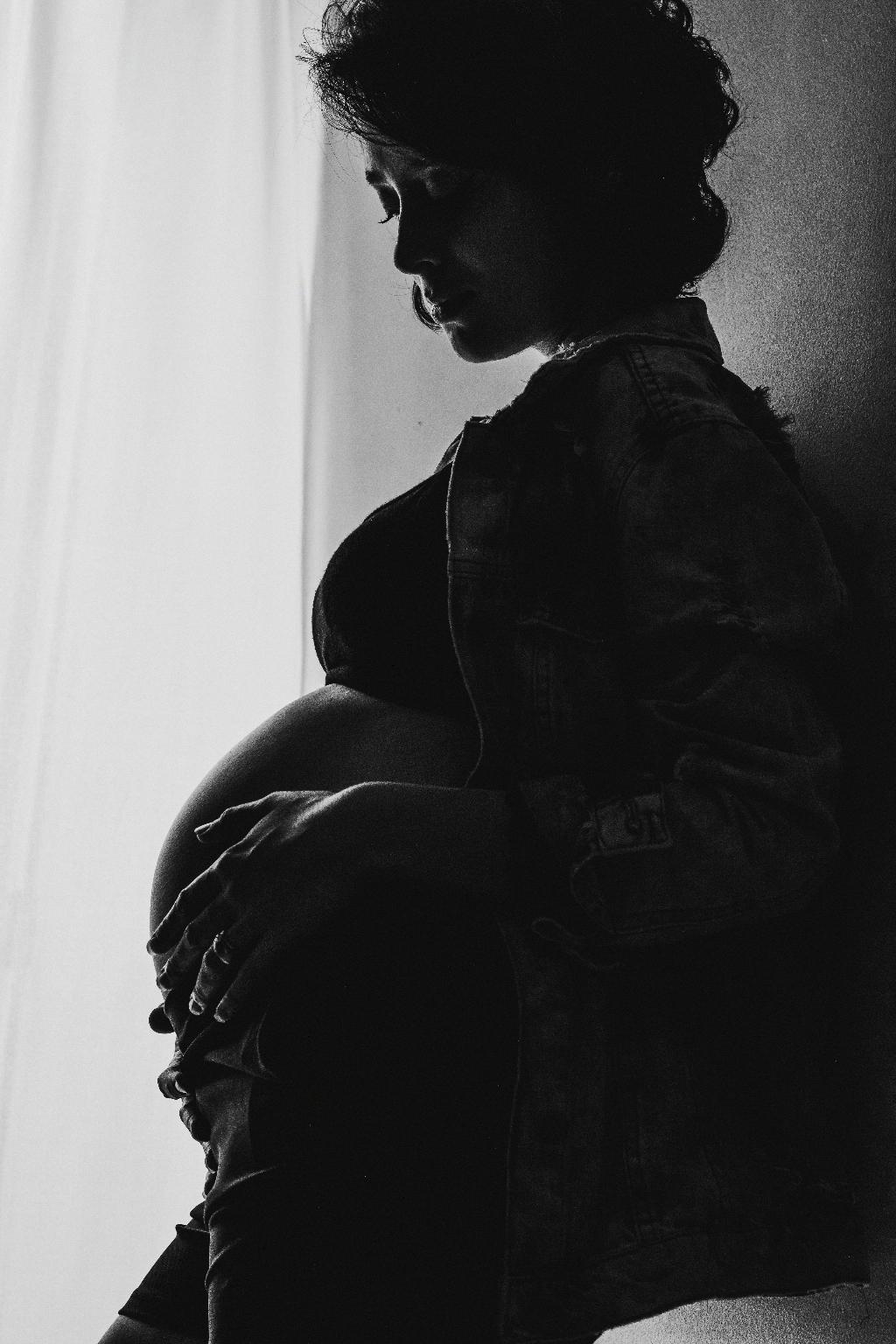When it comes to muscle relaxers during pregnancy, it is essential to prioritize safety for both the mother and the developing baby. One commonly used muscle relaxant in this period is Rocuronium. Rocuronium has emerged as a popular choice among healthcare providers for its effectiveness in skeletal muscle relaxation while maintaining a good safety profile during pregnancy and the postpartum period.
It is crucial to understand that not all muscle relaxers are considered safe for use during pregnancy. The decision to use muscle relaxers should always be made in consultation with a healthcare provider who can assess the risks and benefits specific to each individual case. While Rocuronium has shown promise in being safe for use, other muscle relaxants may pose potential risks to the fetus and are best avoided.
One significant concern with using muscle relaxers during pregnancy is the potential for adverse effects on fetal development. Certain muscle relaxants may cross the placental barrier, exposing the fetus to the medication. This exposure can lead to various complications, highlighting the importance of using only those muscle relaxers that are deemed safe for use during pregnancy.
Healthcare providers consider a range of factors when determining the safety of muscle relaxers during pregnancy. These factors may include the specific muscle relaxant being prescribed, the dosage, the frequency of administration, and the stage of pregnancy. Close monitoring and regular follow-ups are essential to ensure the well-being of both the mother and the baby.
Rocuronium’s safety profile during pregnancy has made it a preferred choice for healthcare providers in certain scenarios where muscle relaxation is necessary. However, it is vital to note that individual responses to medications can vary, and what works well for one person may not be suitable for another. Personalized care and attention are key in determining the most appropriate muscle relaxer for each pregnant individual.
Another aspect to consider when discussing muscle relaxers during pregnancy is the potential impact on maternal health. Muscle relaxants can affect the mother’s overall well-being, including factors such as blood pressure, heart rate, and respiratory function. Monitoring these parameters closely is crucial to ensure that the medication is not causing any harm to the mother.
As with any medication during pregnancy, the primary goal is to balance the therapeutic benefits with the potential risks. While Rocuronium has demonstrated safety in various studies and clinical settings, it is essential to remain vigilant and monitor for any signs of adverse effects. Open communication between the healthcare provider and the patient is key in addressing any concerns or observations.
While Rocuronium may be safe for use during pregnancy, it is not without potential side effects. Like all medications, muscle relaxers can have adverse reactions that may vary from mild to severe. Being aware of these possible side effects and reporting any unusual symptoms to the healthcare provider promptly is essential for ensuring a safe and effective treatment course.
Studies and research on the safety of muscle relaxers during pregnancy continue to evolve, providing valuable insights into the best practices for maternal and fetal health. Healthcare providers rely on up-to-date information and guidelines to make informed decisions regarding the use of muscle relaxants in pregnancy. Staying informed and educated on the latest developments is crucial for delivering quality care.
In conclusion, while Rocuronium is considered safe for use as a muscle relaxer during pregnancy, it is essential to approach its use with caution and under the guidance of a healthcare provider. Prioritizing the safety and well-being of both the mother and the developing baby is paramount in navigating the complexities of medication use during pregnancy. By staying informed, proactive, and engaged in the healthcare decision-making process, pregnant individuals can ensure a positive outcome for themselves and their infants.

